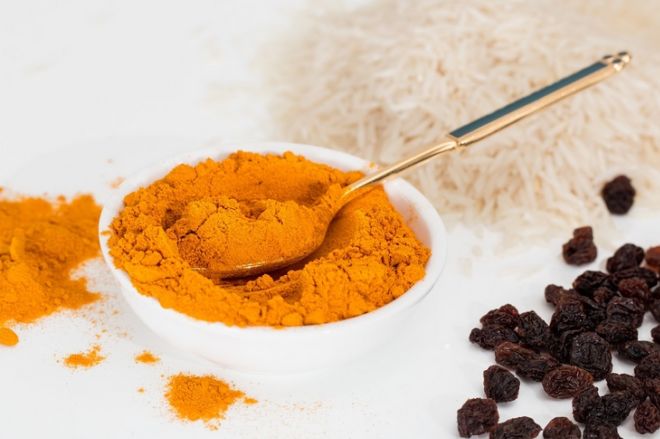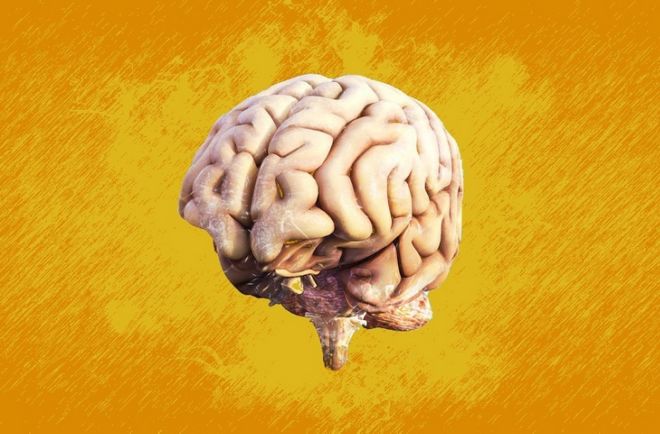There is gold buried in the ground of the Indian Subcontinent, but this one doesn’t come in the form of rocky nuggets, but a knobby, unassuming root: turmeric. The gold powder the root yields has been in use for thousands of years in South Asia as a dye, spice and also in traditional medicine.

Besides adding a wonderful aroma, color, and flavor to curry stews, turmeric offers a host of health benefits which make it a veritable superfood. But stews and rice dishes aren’t the only way to ingest turmeric, and turmeric-based drinks are becoming more and more popular among health-conscious people, and the hottest thing right now is golden milk, a warm turmeric-based beverage that is both delicious and good for you. But why exactly is ingesting turmeric so beneficial, and in what ways?
Keep reading for a list of benefits of drinking turmeric milk, as well as a recipe for homemade golden milk.
1. It contains a powerful antioxidant

A major component of turmeric that gives it its distinctive golden color is the pigment curcumin, which is a powerful antioxidant. Antioxidants help fight cell damage due to oxidative stress which results in aging, DNA mutations, and formation of tumors.
2. It reduces inflammation

Curcumin is also a potent anti-inflammatory agent, as is ginger which is another of our golden milk ingredients. Chronic inflammation is believed to play a big part in several chronic diseases, including arthritis, Alzheimer’s, inflammatory bowel syndrome, cancer, and heart disease. Ingestion of golden milk could thus reduce joint pain caused by osteoarthritis and rheumatoid arthritis.
3. It’s good for digestion

Turmeric stimulates bile production, which aids in digestion, waste removal and the effective digestion and absorption of fats. Beyond that, the anti-inflammatory properties of curcumin may prevent the formation of ulcers in people suffering from ulcerative colitis, one of the major types of inflammatory bowel disease.
4. It’s also good for the noggin

Curcumin ingestion has been shown to increase levels of a certain protein in our brain called brain-derived neurotrophic factor (or BDNF for short) which fills an important protective role in brain function. Conversely, reduced BDNF levels have been associated with impaired cognitive function, memory loss, depression, and schizophrenia.

